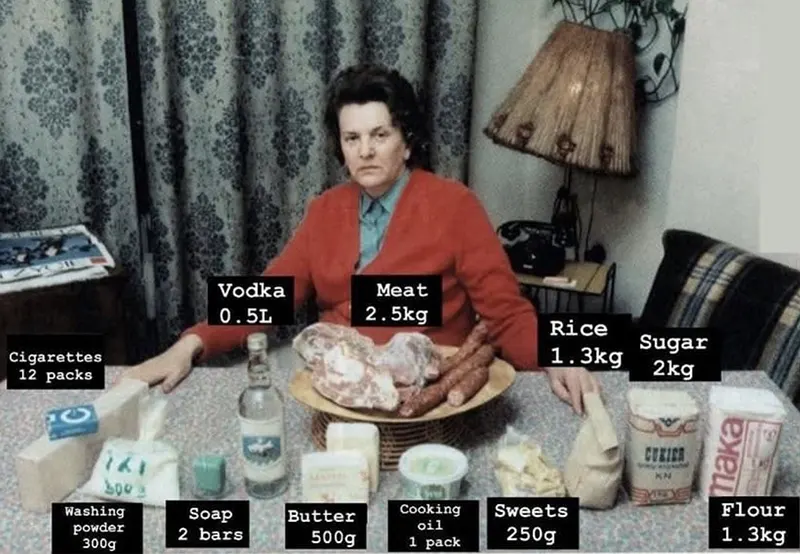this post was submitted on 18 Dec 2024
571 points (99.1% liked)
HistoryPorn
4995 readers
308 users here now
If you would like to become a mod in this community, kindly PM the mod.
Relive the Past in Jaw-Dropping Detail!
HistoryPorn is for photographs (or, if it can be found, film) of the past, recent or distant! Give us a little snapshot of history!
Rules
- Be respectful and inclusive.
- No harassment, hate speech, or trolling.
- Engage in constructive discussions.
- Share relevant content.
- Follow guidelines and moderators' instructions.
- Use appropriate language and tone.
- Report violations.
- Foster a continuous learning environment.
- No genocide or atrocity denialism.
Pictures of old artifacts and museum pieces should go to History Artifacts
Illustrations and paintings should go to History Drawings
Related Communities:
founded 2 years ago
MODERATORS
you are viewing a single comment's thread
view the rest of the comments
view the rest of the comments

Same essential problems as the SovUnion, but in the early-mid 1980s, the Polish economy was struggling.
I fail to see how limiting how much product can be bought and sold would stimulate an economy, outside of a major excess issue like the one that led to The New Deal in the USA.
You're thinking too much in market terms. It should be more "Our allocation of production has resulted in shortages of these goods; we must figure out a way of distributing these goods without resorting to 'highest-bidder' style market economics."
Typically, in market-oriented economies, this happens during wartime when the government doesn't trust market economies (rightly) to deliver the needs of the war while there are still civilians willing to outbid the government. In command economies, this happens whenever the priorities of the government and the civilian population are at odds (such as Poland exporting most of its sugar to the SovUnion despite massive domestic demand for sugar and higher sugar production per capita than ever before).
I have a game wishlisted on Steam called Workers & Resources: Soviet Republic that I’m hoping might prove educational to better understand how that system worked because sometimes it seems so foreign to me.
Market economies are very psychological - "How do you encourage people to consume/produce X?" But command economies are simpler in a sense, because it's all very material - "What do we make, and who do we give it to?"
Excellent game, btw
It's hard to take your very legitimate explanations seriously when your username is bolded as OP, and top of mind to me. Haha. Seriously though, thanks for taking the time to type it out.